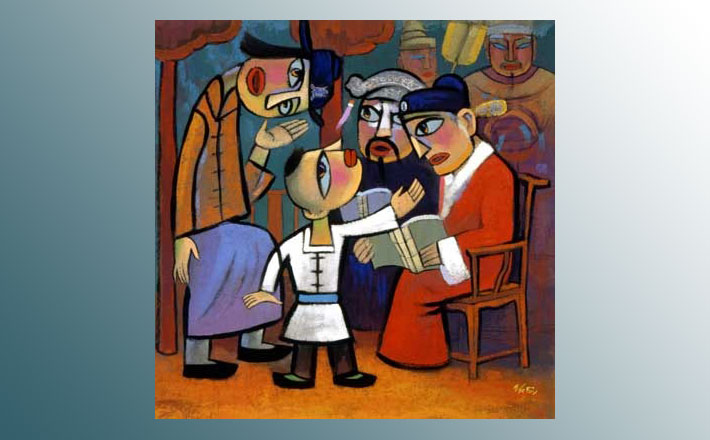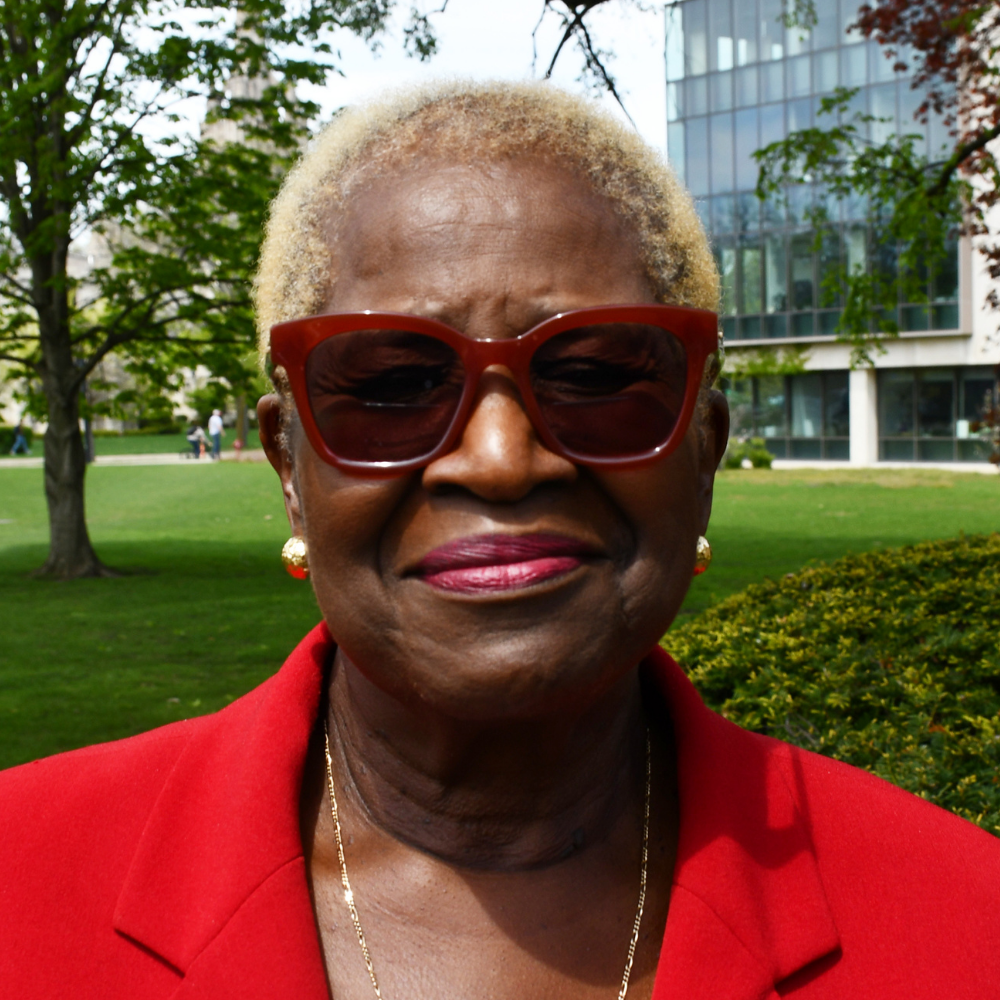Commentary on 1 Samuel 2:18-20, 26
Christmas has come to be widely associated with gift-giving.
For Christians it is, or should be, because Christmas marks the celebration of God’s gift of salvation to all humanity. But the reality is that the practice of exchanging of gifts has become highly commercialized. Many persons deliberately take on excessive debt in the interest of finding the perfect gift to demonstrate their appreciation and love for the persons in their lives, especially their children. So the magnitude of the gift exchange that occurs between God and Hannah may be difficult to imagine or understand.
In the depths of despair over her continued childlessness, Hannah makes a request and a promise to God. It is a covenantal agreement the like of which most parents today could not imagine and would not make. Looking ahead to the role that Samuel plays in God’s plan of salvation for the people of Israel, one can be forgiven for making this text a call to faith for the hearers. However since neither Hannah nor any of us have the ability to see into the future, that Hannah not only makes, but also keeps covenant with God as this text affirms, offers us a startling testimony of faithfulness.
The birth of her first child, after years of barrenness and its attendant shame compounded by the taunts of her husband’s second wife, is more than a moment of celebration. It is a wellspring of joy for this new mother and yet, she gladly and willingly gives her son to the temple priest as soon as he is barely weaned. Her love this child that opened her womb is great, and she gives him all the care that she can by bringing him an annual gift of a robe, most likely sewed by her own hands, to fit his growing body.
But her love for God and her thankfulness for the answered prayers that fulfilled and solidified her womanhood in the eyes of the community is even greater. It is her love for God that enabled her to keep her covenant with God and give her child fully into the service of God. She has no way of knowing that her son Samuel will grow into a great prophet, but having already experienced the favor of God, she continues in her own way in the work of God by giving her child to the service of God in the temple.
Many parents today find it difficult to give their children to God. As Christians we are privileged to give our children back to God in several ways. Whether the doctrines of your faith require you to offer up your child in thanksgiving or to take the vows of Christian initiation or baptism on behalf of your child, such outward signs signify a parent’s intention to raise that child in the fear of God through the example of Jesus Christ. It is a covenant whereby you give your child back to God, and raise the child according to the teachings of Christ.
But too often instead of guidance that adheres to Christian teaching, parents are so permissive that they make of their children little gods, who have their every whim catered to and begin to believe that the world owes them anything they desire. In such cases the children have no clear understanding of their relationship with God and the gift of God that they are to their parents and to themselves. The text says: “Samuel continued to grow both in stature and in favor with the Lord and with the people.” Children that are allowed to live overly permissive lives, with little or no appropriate parental guidance in the way of Christ may grow in stature but far from the favor of either God or the people.
Samuel’s life in the temple brought him close to the will of God and with the guidance of Eli who understood the precious gift — from both God and Hannah — that had been entrusted to his care, took great pains to guide the boy Samuel in the path that God had already laid out for him. The sad reality is that Eli had not done the same with his own sons. He was the model of a permissive parent and his children were totally out of control and out of God’s favor. As a result they could not be trusted to assume the duties of temple priest after Eli, as was the custom of the culture. Perhaps Eli may have thought that being allowed to raise the child Samuel might be God’s second change of fatherhood.
Eli’s blessing to Hannah and Elkanah may signify that he did not fully or clearly understand the divine/human covenant between Hannah and God. In his blessing of the couple he prays for repayment from God for their gift, but almost certainly in Hannah’s mind no repayment was necessary. Her covenant with God had been fulfilled. She asked God for a gift and promised a gift in return. And it was done. No further repayment was required.
When God gifts us with children, our responsibility is to return that gift to God by raising our children to know that they belong to God, so that they will come to understand the favor of God for their own lives and in the process know the favor of people as well. It is one of the important lessons of this text. Another key lesson is that we are to provide for the welfare of our children as they grow in physical as well as in spiritual ways. And always as this text reminds us, we are called to know that our children are never ours alone, they also belong to God. As we continue our celebration of Christmas, the message of the preacher should be a reminder of God’s gift to all of us that needs no repayment, the holy child of Bethlehem.


December 27, 2015